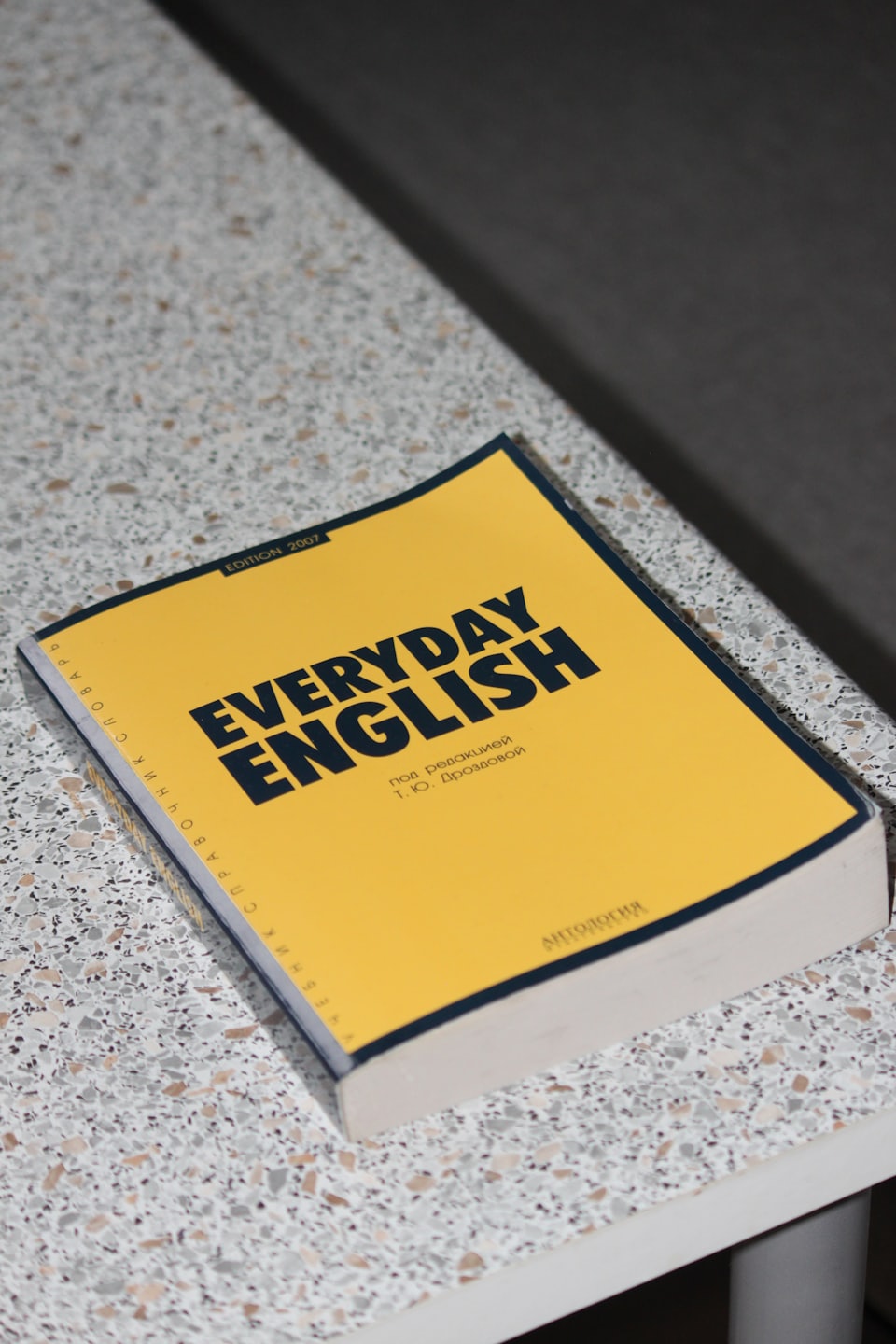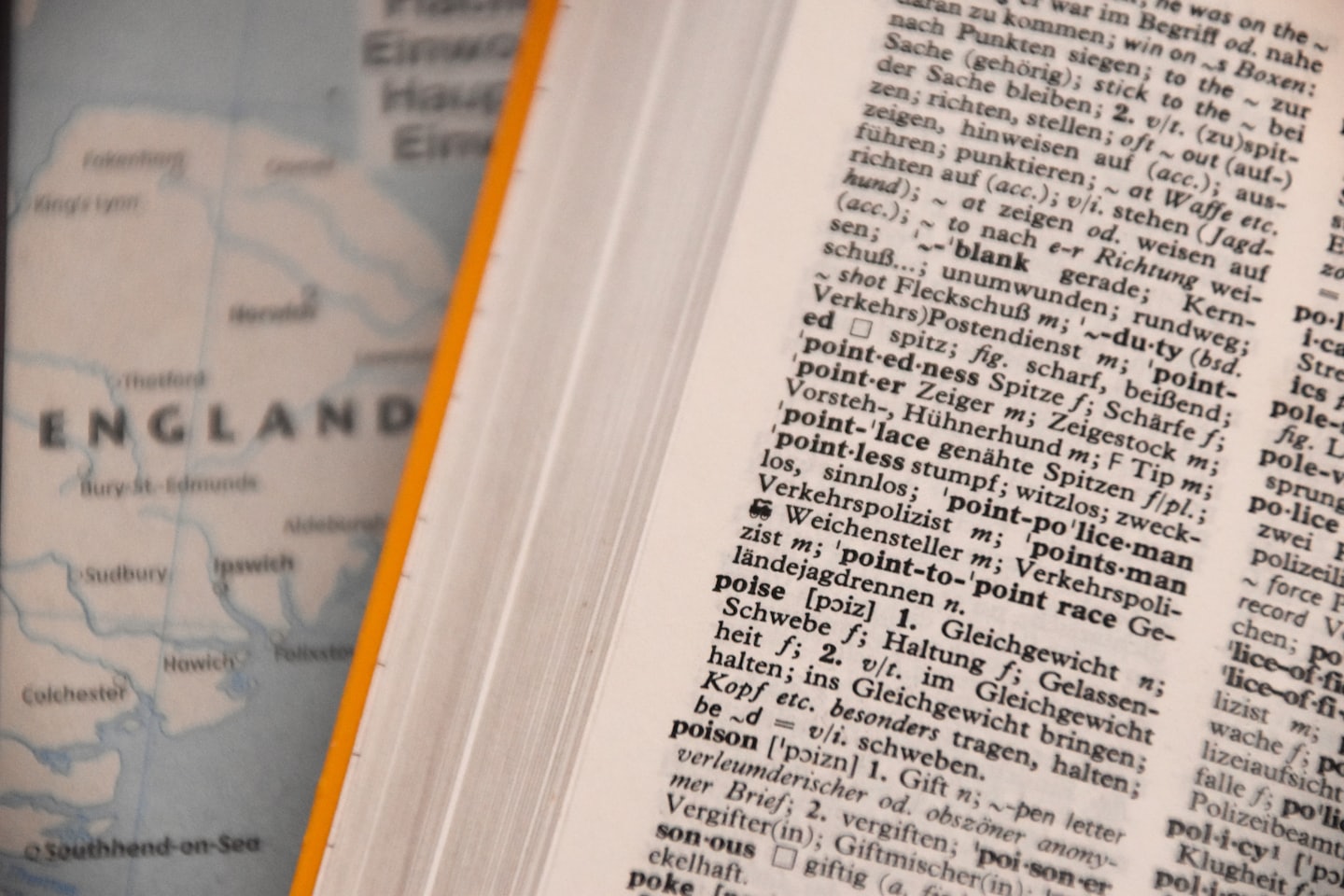Let’s play a little game. Say this out loud:
“I could have gone to the party.”
Now say:
“I could’ve gone to the party.”
Hear it? When we speak quickly, “could have” contracts into “could’ve”—and that’s where the confusion begins. “Could’ve” sounds a whole lot like “could of,” and before you know it, people are typing it that way.
But here’s the thing: while “could of” looks like it makes sense, it’s never grammatically correct. Let’s break down why this mix-up happens and how to avoid it.
Why Do People Write “Could of”?
Fast Writing Habits
On social media, in texts, or when we’re rushing, we tend to write exactly how we talk. That’s why “could of” pops up everywhere online.
The Sound-Alike Trap
Spoken English is sneaky. “Could’ve,” “would’ve,” and “should’ve” all sound like “could of,” “would of,” and “should of.” Your ears hear of—so your fingers type it.
Autocorrect Isn’t Helping
Spellcheck usually doesn’t flag “of” because hey, it’s a real word. Unfortunately, that means your typo slips by unnoticed.


Why It’s Actually Wrong
The word “of” is a preposition. It shows relationships like part of a group or a cup of coffee. It’s never used as a helping verb.
In “could have,” the word have is part of the verb phrase. It shows possibility or a missed opportunity. Without have, the sentence just doesn’t work:
✅ I could have finished my homework.
❌ I could of finished my homework.
A Handy Trick to Remember
- If you’re tempted to type “could of,” stop and expand it in your head:
- Could’ve = Could have
- Would’ve = Would have
- Should’ve = Should have
- Ask yourself: Does “of” make sense here? If not, swap it for have.
CCSS Alignment
W.9-10.4: Produce clear and precise writing appropriate to audience.
Language Standards (L):
L.4.1g: Correctly use frequently confused words.
L.5.1: Demonstrate command of conventions of standard English grammar and usage.
L.6.1c: Recognize and correct inappropriate shifts in verb usage.
Writing Standards (W):
W.4.4: Produce clear and coherent writing appropriate to task, purpose, and audience.
W.6.5: Strengthen writing by revising and editing for grammar/usage.
Final Thought
Mixing up “could of” and “could have” is one of the most common grammar slip-ups—and it happens because English sounds don’t always match English spelling (thanks, English!). But now you know the secret: every time you hear “could’ve,” think could have, never could of.
So next time you’re typing fast, pause for a second. Trust me—you’ll have one less mistake to worry about.


Leave a Reply